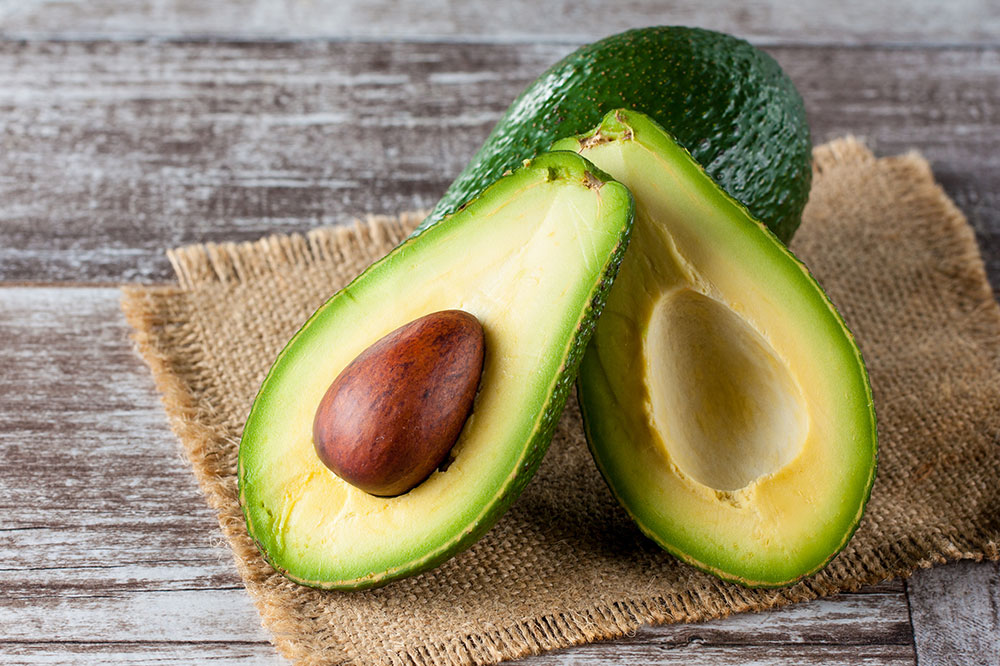Top Foods That Help in Preventing Dementia

Dementia is not a disease by itself but refers to a group of symptoms that affects a person’s memory, cognitive abilities, calculation, learning abilities, language, and ability to make decisions. It generally affects older people but is not a natural aging process. While most seniors may forget an acquaintance’s name or forget where they place things, not everything points toward dementia. People with dementia may have problems with other faculties like communication, reasoning, judgment, and decision-making.
Risk factors for dementia
Dementia can happen due to various reasons, including diseases or injuries that affect the brain. Though age is one of the biggest risk factors for dementia, young-onset dementia is also seen in people below the age of 65. Other risk factors include sedentary lifestyle; high BMI; irregular and unhealthy eating habits; cognitive inactivity; having high blood sugar, blood pressure, or cholesterol; previous brain injury or brain infection; stroke.
Prevention of dementia
Doctors and researchers are yet to find a way to prevent dementia. However, studies indicate that a healthy lifestyle can reduce the risk of people developing dementia when they age. One way of preventing dementia is to alter the lifestyle factors that can increase its risk. Eating healthy, being physically active, drinking in moderation, maintaining a desirable BMI, learning to relax, and reducing stress are some ways to prevent dementia.
Relation between food and dementia
Though poor eating habits alone cannot cause dementia, there is evidence that a nutritional regime rich in unhealthy fats, red meat, processed food, and sugar can increase the risk of dementia. The factors that are associated with a lower risk of dementia include: Increased consumption of vegetables and fruits; increased consumption of Omega-3; increased consumption of monounsaturated and polyunsaturated fats; reduced consumption of saturated and trans-unsaturated fats; increased consumption of natural antioxidants and fruits.
Healthy food habits can, directly and indirectly, reduce the risk of dementia. A healthy nutritional regime combined with a physically active lifestyle can not only reduce the risk of dementia, but it can also help maintain ideal blood sugar, cholesterol, and blood pressure levels. With a reduced risk of diabetes, High BMI, or hypertension, the risk of dementia also reduces.
Healthy fats for dementia
Until recently, trans fats and saturated fats were associated with cardiovascular diseases. But recent studies of dementia patients suggest that patients who eat food rich in saturated fats and trans fat recorded a higher risk of dementia. This is because these fats increase LDL cholesterol or bad cholesterol and can deplete HDL cholesterol levels, which benefit our bodies. High cholesterol directly increases the production of a protein called beta-amyloid, which can cause brain damage.
It is important to avoid food rich in trans fat, which is majorly used in processed, packed, and baked food. Saturated food is found in animal-based food like pork, beef, poultry, eggs, coconut oil, palm oil, and full-fat dairy products. If one falls at risk for dementia, one should avoid these foods and look for healthier fats like olive oil, avocados, nuts and seeds, fish, omega-3 fats, flax seeds, and walnuts.
Antioxidants
Free radicals are by-products produced when our body produces energy. A high concentration of free radicals can damage our body’s cell membranes, proteins, tissues, and DNA. To nullify the effect of free radicals, our bodies either produce antioxidants or use the antioxidants found in the food we eat. The antioxidants neutralize the free radicals and inhibit any brain cell death, thereby preventing dementia.
Fruits and vegetables, mainly rainbow-colored vegetables, are the primary sources of antioxidants, and the list of antioxidant food is exhaustive. Some of them are almonds, apple, artichoke, asparagus, basil, beetroot, black beans, black plums, blackberries, broccoli, cantaloupes, cardamon, carrots, cashew, coriander, cranberries, cultivated blueberries, dates, dark chocolate, dill, garlic, ginger, green tea, leafy greens, marjoram, oregano, pecans, Pinto beans and red beans, plums, prunes, radish, raisins, raspberries, red currants, red wine, russet potatoes, sage, spinach, squash, strawberries, sweet cherries, thyme, and wild blueberries.
Vitamin B
Vitamin B deficiency can increase the level of Homocysteine, an amino acid. Vitamins B12, B6, and B9 break down Homocysteine, producing more chemicals our body needs. Without Group B Vitamin, our body cannot metabolize Homocysteine, and its level increases in the blood. High Homocysteine increases the risk of cardiovascular diseases and dementia and can lead to memory loss, confusion, and other cognitive defects. Vitamin B includes the Vitamins – B1, B2, B3, B5, B6, B7, B9, and B12, and some of the food rich in Vitamin B are beef; chicken; clams; mussels; eggs; fortified cereal; leafy greens; legumes like black beans, edamame, green peas, lentils, chickpeas; milk; organ meats and mainly liver; oysters; pork; salmon; turkey; unflavored Greek Yogurt.
Prebiotics and probiotics
Prebiotics are specialized plant fiber that stimulates the growth of bacteria that already exist in our system. Our body cannot break down this prebiotics. However, the bacteria in our gut convert them into useful metabolites and vitamins. Probiotics are live bacteria that help increase the good bacteria in our gut and maintain the acid levels in our gut. If one’s eating habits are tilted towards animal-based food like meat and dairy, one can include prebiotics and probiotics as they boost our immunity and protect our brain from nerve and cell damage, and help in preventing dementia. Some of the food rich in prebiotics and probiotics are leeks, dandelion greens, mushroom, asparagus, artichoke hearts, fermented veggies, kimchi, tempeh, sour pickles, sauerkraut.
Tips for creating healthy food habits to prevent dementia
Maintaining healthy eating habits, being physically active, and managing stress are ideal regimens to keep one healthy and prevent dementia. Though once dementia happens, it cannot be reversed, one can follow these tips to reduce its risk as one grows older: Create weekly menu plans to include as many fruits and vegetables as possible. Eat fresh food as much as possible to reduce the intake of trans fat and hidden sugars. Develop a taste for food that is less in sugar and salt. Include more herbs and spices for flavor.






